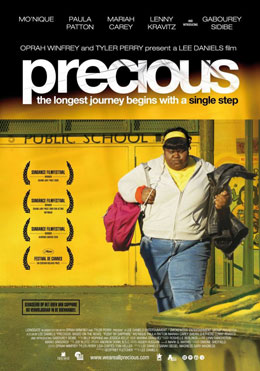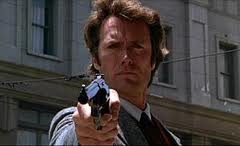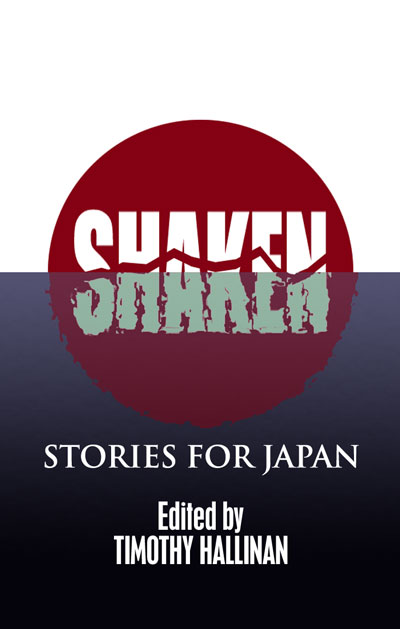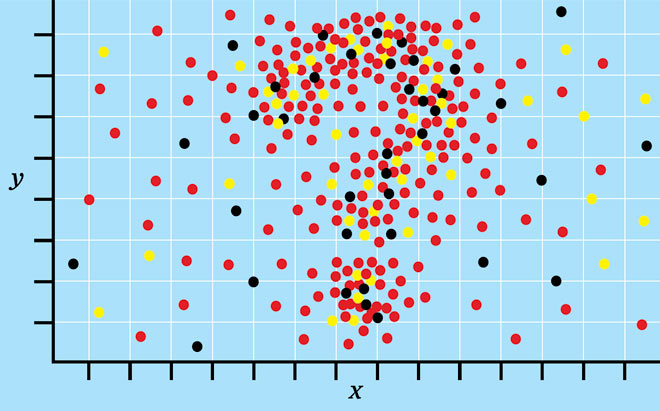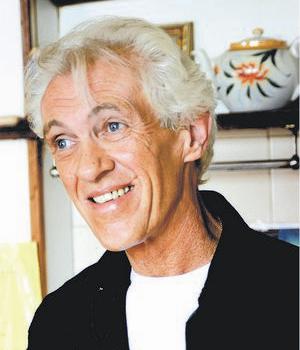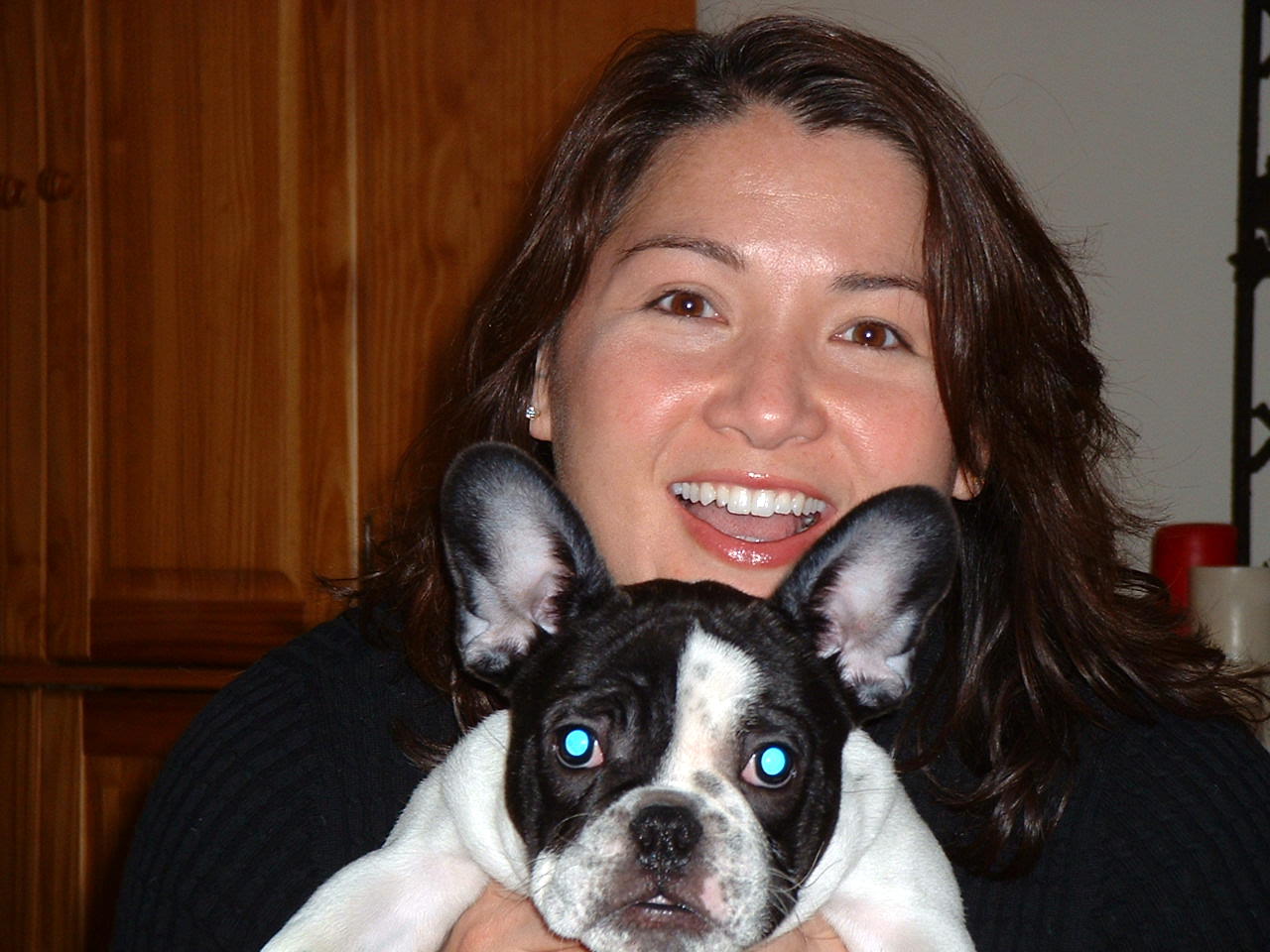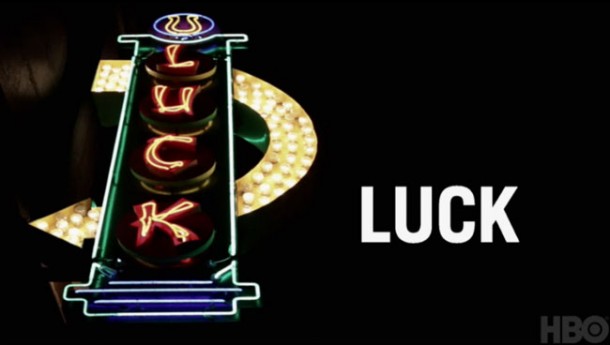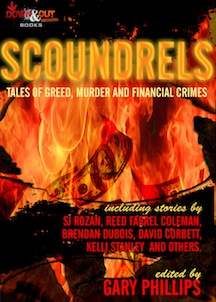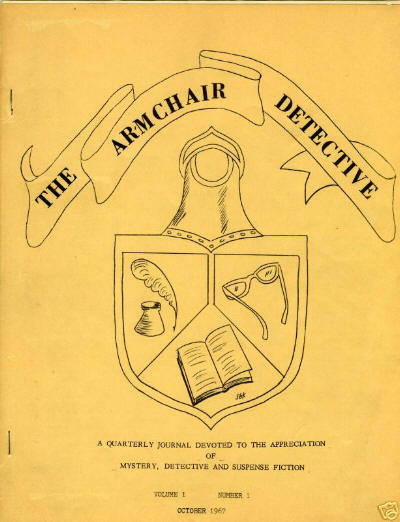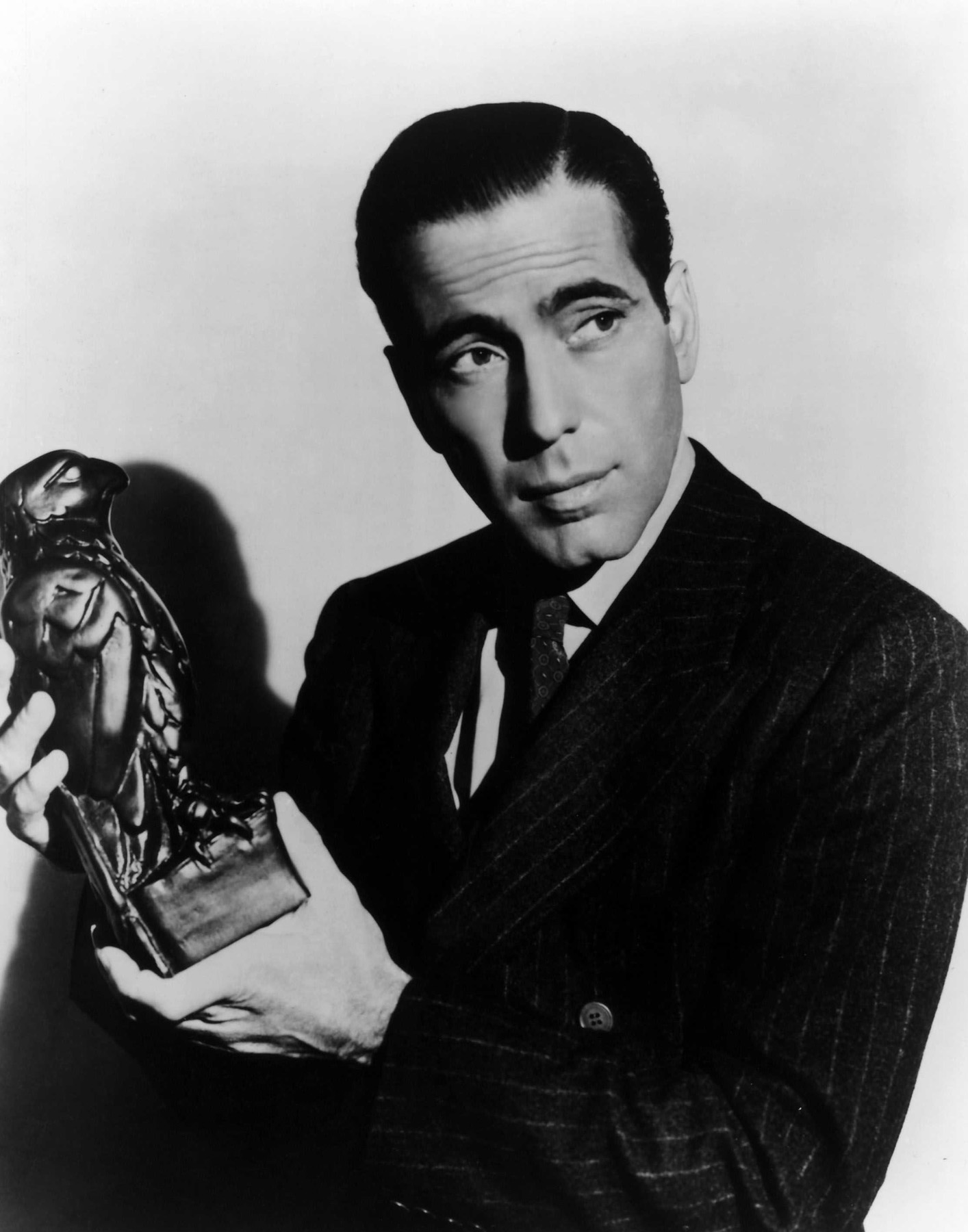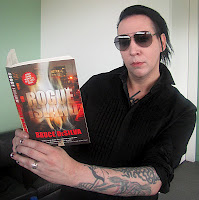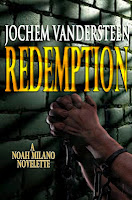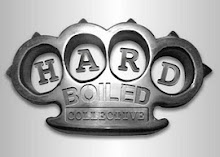I’m teaching my Screenwriting Tricks for Authors Workshop at Left Coast Crime in Sacramento this week, so today I’ll be in and out when I can, you know how the conference thing goes, especially depending on how late I was at the bar last night.
I’m sure the workshop went well (it was yesterday); they always do. I hope I refrained from tearing the class a collective new orifice. Although with teaching, sometimes a good rampage is exactly what a student needs at the time; I’ve certainly been the beneficiary of some beneficial – and memorable – ones from my favorite teachers myself.
I had this fear going into the workshop that I might get, um, testy. The thing is, when I teach a workshop, I always ask the participants to do a little homework up front – some exercises all you regulars are familiar with:
I always like to get some info from workshop participants before the conference so I can tailor my examples to the people who are actually in the class. Obviously this isn’t mandatory homework, but it will pay off for you to do it. 😉 The whole principle of what I teach is that we learn best from the storytellers and stories (in any medium) that have most inspired us, and that we as authors can learn a whole new dimension of storytelling by looking specifically at films that have inspired us and that are similar to what we’re writing. So here are a few questions/exercises to get you thinking along those lines:
1. Tell me what genre you’re writing in. All right, yes, it’s a mystery conference. So tell me what subgenre or cross-genre you’re writing in.
2. Make a list of ten movies and books – at least five movies – that you feel are similar in genre and structure to your work in progress or story idea (or if you don’t have a story idea yet, ten movies and books that you WISH you had written!)
3. Write out the premise of your story. If you’re unclear on what a premise sentence is, here’s a practical explanation with examples:
Not everyone does the homework, but the answers I get give me some ideas of examples to work with when I’m going through the Three-Act, Eight Sequence Structure. In a long workshop I can also work a little with the idea of premise; I’m not able to do that in a 2-hour workshop. Nonetheless, if I had a rampage yesterday, I can guarantee it was on premise.
I understand that people have problems with loglines, or premise sentences. Believe me, I do. I would teach a class on writing premise if it weren’t so damn hard to do that it exhausts me too much to teach it. After all, teaching is just this fun little sideline for me, and why should I wear myself out teach something so hard when there are much easier and more fun things to teach?
Especially after I got a reasonable number of homework assignments back, and almost half of them went like this:
A professor (librarian, banker, accountant, divorcee) goes on holiday (to a high school reunion, to a Scottish castle, to his ex-wife’s wedding) and gets involved in solving a murder.
Uh huh.
Okay, I get the amateur sleuth fantasy about vicariously solving a murder. And maybe that’s all there does need to be to it to attract a certain type of reader. Maybe just that one situation in an infinite variety of settings really does get the job done, sort of like porn for the mystery-oriented mind. I’ve even picked up books myself that could be summed up the same way. Except that they happened to be written by Agatha Christie or Elizabeth George or Ruth Rendell, and I knew I was going to be getting my money’s worth.
But why would anyone buy a book described like that by someone they’d never heard of? And I’m not talking just readers – but how does that book even get read by an agent or editor to begin with?
Where’s the hook? Is it the quirkiness of the detective? Is it the fantasy aspect of the setting? Is it the jeopardy to the detective or to an excruciatingly sympathetic victim? Is it the startling and topical arena? It is an untenable moral choice the protagonist will be forced to make?
I guess what is really missing for me in most of the premises I read – ever – is the EXPERIENCE that the story is going to give me. Now, any of us know what that experience is going to be with an author we are already familiar with. I don’t need anyone to spell out what the experience is that I’m going to get from a Mo Hayder book – I know that I will be wrung out emotionally from the experience of human evil so overwhelming it might as well be supernatural. And call it masochism on my part, but that’s why I buy her books.
As authors it’s not just our job to know the experience that our books deliver, and that readers buy us for, it’s our job to be able to communicate that experience in the logline or premise sentence of our books. Myself, if I’m not making the hair on the back of people’s heads stand up when they read my flap copy, I’m in trouble.
Some of that knowing about the experience comes with – experience. Readers TELL you what they buy your books for, and that makes it easier both to deliver it in the next book, and to get a feeling of that experience into your promotional material.
But you have to know it to say it.
So the question today is, authors, what is the EXPERIENCE you feel you deliver in your books?
And readers, what is the EXPERIENCE you look for in some of your favorite authors’ books?
Alternately, tell us about a great rampage you got from a teacher or mentor that changed your work or life!
I’ll be checking in from LCC with reports when I can. Maybe I can rope some other authors into reporting with me!
– Alex

